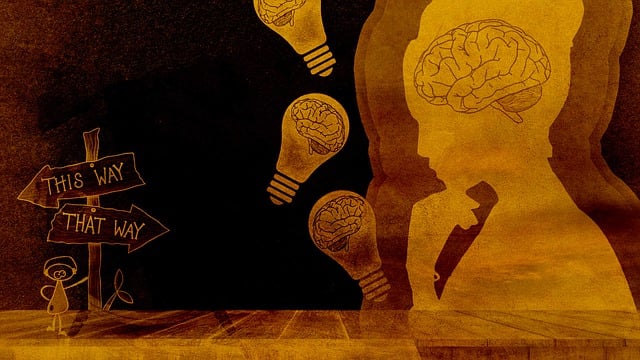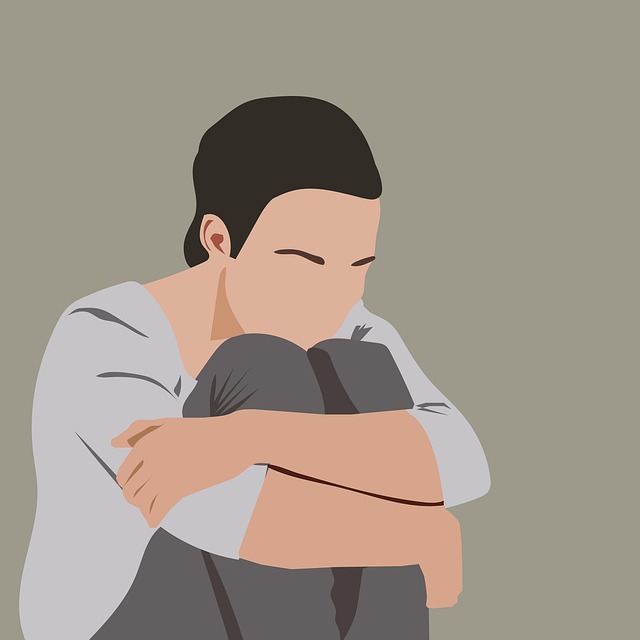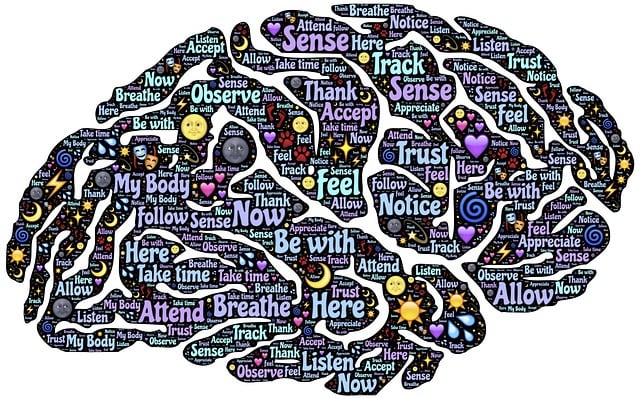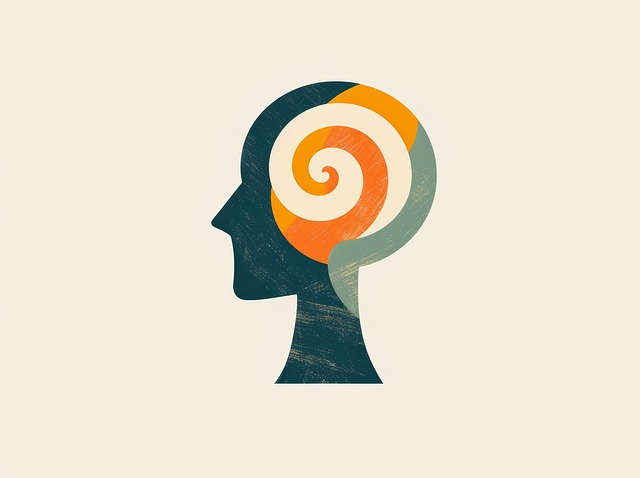Adolescence is a phase of significant physical, emotional, and cognitive changes, often accompanied by academic pressures, peer dynamics, family issues, and self-identity struggles. While manageable stress can foster growth, chronic or intense stress can harm adolescent mental health. Mental health professionals must recognize both general adolescent stress and Post-Traumatic Stress Disorder (PTSD) symptoms to provide tailored interventions like therapy for adolescent teens. Specialized workshops focused on teen mental health are crucial, empowering them with coping skills, self-esteem enhancement, and trauma risk assessment. These workshops should combine educational content with interactive activities, integrate burnout prevention strategies, and create a safe space for open dialogue and peer support. Success is measured through quantitative and qualitative assessments, followed by ongoing support to sustain gains in managing stress and overcoming PTSD challenges.
Stress management workshops tailored for adolescent teens are crucial in addressing the unique challenges they face, including Understanding Adolescent Stress and Post-Traumatic Stress Disorder (PTSD). With a growing need for specialized interventions, these workshops offer a safe space for teens to learn coping mechanisms. Through evidence-based methods, participants gain skills to manage stress effectively. The article explores designing engaging sessions, fostering supportive environments, and measuring success in therapy for adolescent teens with PTSD, emphasizing the importance of ongoing support.
- Understanding Adolescent Stress and Post-Traumatic Stress Disorder (PTSD)
- The Need for Specialized Workshops for Teens
- Designing Effective Stress Management Workshops
- Creating a Safe and Supportive Environment in the Workshop
- Measuring Success and Ongoing Support for Teen Participants
Understanding Adolescent Stress and Post-Traumatic Stress Disorder (PTSD)

Adolescence is a developmental stage characterized by significant physical, emotional, and cognitive changes. During this period, teens often face various stressors related to school, peer relationships, family dynamics, and self-identity formation. While stress in small doses can be healthy and promote growth, chronic or intense stress can negatively impact adolescent mental health. Many factors contribute to adolescent stress, including academic pressures, social media influence, family conflicts, and traumatic events.
Post-Traumatic Stress Disorder (PTSD) is a severe form of stress that can develop after exposure to a terrifying event or ongoing trauma. Adolescent teens, especially those who have experienced or witnessed violent or abusive situations, are at risk for developing PTSD. Symptoms may include intrusive memories, avoidance behaviors, heightened emotional arousal, and negative changes in beliefs and thoughts. Recognizing the signs of both general adolescent stress and PTSD is crucial for mental health professionals as it enables them to provide appropriate interventions such as therapy for adolescent teens, focusing on coping skills development and self-esteem improvement, while also conducting a risk assessment for those presenting with potential trauma-related issues.
The Need for Specialized Workshops for Teens

Adolescent teens face unique challenges that often contribute to elevated stress levels and even post-traumatic stress disorder (PTSD). Their developing brains are susceptible to external influences, making them more vulnerable to the adverse effects of chronic stress. Traditional stress management techniques might not cater to their specific needs. Therefore, specialized workshops focused on teen mental health are imperative.
Organizing such workshops centered around therapy for adolescent teens can empower them with effective tools and strategies. The curriculum should incorporate proven methods like Mind Over Matter principles to foster emotional healing processes. By teaching teens mood management skills, these workshops aim to build resilience against stress and its related disorders. Through interactive sessions, peer support, and expert guidance, participants can learn to navigate their emotions healthily, ensuring better overall well-being.
Designing Effective Stress Management Workshops

Effective stress management workshops for adolescent teens should be designed with a comprehensive approach in mind. Incorporating strategies that cater to the specific needs and challenges faced by this demographic is crucial. For instance, incorporating therapy techniques tailored for teens dealing with post-traumatic stress disorder (PTSD) can significantly enhance the workshop’s impact. These sessions should promote open dialogue, foster peer support, and provide practical tools for managing stress and anxiety.
The structure of such workshops should balance educational content with interactive activities. Engaging exercises like mindfulness practices, guided meditations, or even role-playing scenarios can help participants internalize coping mechanisms. Additionally, integrating burnout prevention strategies is vital to equip teens with long-term mental wellness tools, especially as they navigate school, social pressures, and personal development. Risk management planning for mental health professionals can also be woven into the curriculum, ensuring a holistic approach that addresses both individual needs and broader mental health community support.
Creating a Safe and Supportive Environment in the Workshop

Creating a safe space is paramount when organizing stress management workshops for adolescent teens dealing with post-traumatic stress disorder (PTSD). This environment should foster openness and encourage participants to share their experiences without fear of judgment or repercussions. Through active listening, empathetic facilitation, and confidentiality agreements, facilitators can build trust and create a non-threatening atmosphere.
Integrating techniques like communication strategies, mindfulness meditation, and emotional expression exercises helps establish a supportive network. These practices promote self-awareness, encourage healthy coping mechanisms, and facilitate peer support. By cultivating mental health awareness within the workshop setting, participants feel empowered to manage stress and process trauma in a safe, understanding environment.
Measuring Success and Ongoing Support for Teen Participants

Measuring success in stress management workshops for teenage participants is a multifaceted process. It involves not only assessing immediate changes in their emotional well-being and stress levels, but also tracking long-term improvements in mental health indicators. One effective way to gauge progress is through pre- and post-workshop evaluations, using standardized tools tailored to adolescent populations. These assessments can reveal shifts in symptoms of post-traumatic stress disorder (PTSD) and overall resilience. Additionally, qualitative feedback from participants provides insights into their personal experiences and perceived benefits.
Ongoing support after the workshops is crucial for sustaining gains made by teen participants. This can include regular check-ins with mental health professionals, peer support groups, and accessible resources for continued mental health education. Incorporating these elements into the program design helps to mitigate burnout among adolescents, fostering a resilient mindset that can endure challenges. By integrating risk assessment strategies for mental health professionals and prioritizing burnout prevention, the workshops create a safe and supportive environment where teens can learn effective stress management techniques and thrive.
Stress management workshops tailored for adolescents, addressing issues like post-traumatic stress disorder (PTSD), are essential in providing specialized support. By understanding teen stress and creating safe spaces, these workshops can significantly enhance their well-being. Through effective design, supportive environments, and ongoing measurement of success, organizations can foster resilience and offer valuable therapy for adolescent teens dealing with PTSD.














